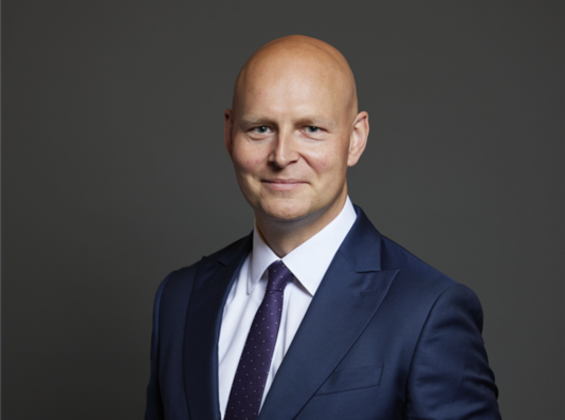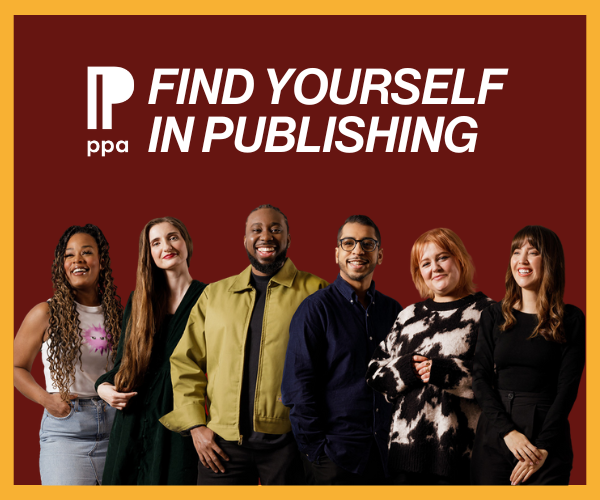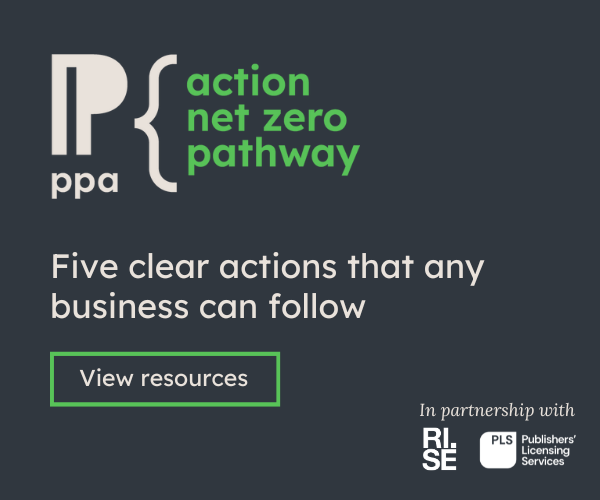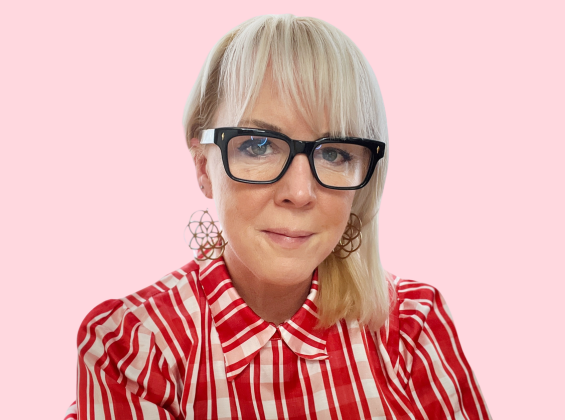Chart us through the lifecycle of your events portfolio over the last year? What did your events look like as the pandemic hit, what stages have they been through and where are they now?
At the start of 2020 I was looking forward to a year full of events – from the Next Generation Internet Summit which was going to bring people from across Europe to Amsterdam to Dutch Media Week which would gather thousands of people in media city Hilversum, the Next Conference in Hamburg which normally gets together up to 2.000 delegates as well as a series of smaller events on media and technology at home. I was especially looking forward to an event I had curated for Philips, on the future of healthcare. My role: defining themes and putting together speaker programs. Needless to say, in March 2020 everything got cancelled.
What to do? For the first few weeks all I could do was read the news online. It took my brain quite a bit of time to realise this was really happening, and it was going to change everything. I needed those weeks to change gears: if this is what we have, what can we still do?
I decided to study every online event I could find: I made screenshots, I recorded videos, I participated wherever I could. My way of coping was to just see this as an interesting time to study. In the end, I launched a newsletter, Van Dusseldorp’s Future of Events.
I worked on a few proposals to my most loyal clients: let’s just experiment. Let’s see what we can do. In the end, most of ‘’my’’ events actually decided to do something. The three day Next conference was transformed into a series of weekly live shows and a book. The series of afternoon events on media developments also moved online. The Dutch Media Week in the end combined a drive-in cinema with 40 online talk shows.
What are the characteristics of a hybrid event and how does one look in your mind?
Everyone has something else in mind! I guess the simple answer is: events that are experienced by both an online audience as well as an audience locally.
Hybrid events are hard. At least, this is my experience as a moderator. I hosted a series of online events last year that at first were completely online: speakers, host, delegates. We all saw the same screen, the chat was a really active place, questions flowed easily and it honestly felt like a shared experience.
Later on the format was changed and we now run the same event in a talk show format: the speakers and I as a moderator gather in a studio – the audience is online and can send in questions. It feels more like television – very professional, interesting to watch and the speakers love the set up. But it doesn't feel as much of a shared experience anymore.
Of course hybrid events have a existed for a long time: any conference with a live stream is a hybrid event. Or sport matches, which combine the excitement of the live audience with the audience at home are examples of hybrid!
But I do think that over the last year, something new has happened. We have all, collectively, experienced that video presence can be real. I think what we can expect is a new hybrid format: one where the audience gets together, but the speakers or performers are somewhere else. Exactly the opposite of what we have now.
How does a hybrid event in a COVID-19 world look different to a hybrid event in a pre-COVID world?
What many event organisers realised once they decided to put on an online event, is that the audience out there is far bigger than anticipated. I think a whole new space has opened up for online meetings and events.
One of the things event organisers have realised is that there is a far bigger audience out there than they had imagined. Bob Bejan, Corporate Vice President Global Events at Microsoft shared that an event like Microsoft Build attracted 6200 people in 2019, whereas for the online edition in 2020 no less than 197,000 people signed up. Or take the ESC Congress which usually brings together around 30,000 cardiologists to the city of Amsterdam. This year over 116,000 cardiologists from 211 countries took part in the online event. So it seems that all along, there were almost 90,000 professionals who were not going to make it to the event, and now they finally could take part
There are quite a few more examples like that. Defqon Weekend Festival transformed itself into a free 72-hour online broadcast, with 8 million viewers from across the globe. Dutch author Rutger Bregman did a local theatre tour and ended with a live stream performance – he sold 18,000 tickets for that final lecture at Euro 7,50. And International Theatre Amsterdam has been selling tickets to live theatre. Their Roman Tragedies, a 6 hour play sold 6,000 tickets worldwide. The Dutch Mauritshuis museum offered a digital tour of the building, and had 42,000 Chinese visitors.
What are your main pieces of advice when approaching a plan for a hybrid event?
When planning a hybrid event, I think the first consideration should be: who is out there that would love to be part of this event, but cannot join us. How can we reach these people and make them part of the community. What is it that they want?
The next step is actually building out this community that is out there. The physical event may only happen once a year but what happens the rest of the year? I think we will see a lot more ‘’clubs’’ online, spaces where people meet and exchange ideas.
How do you figure out which components should be virtual and which components should be in-person?
One thought you have to forget about is the idea that you can replicate the live event experience online. You cannot do this. I think the first thing is to understand that online is a completely different experience for the different people involved.
For a delegate it is a trip away from the office, a chance to escape
For a sponsor it is a way to connect to potential clients
For an organizer it can be a number of things – a way to make money.
It makes sense to bring a community together online, but you have to really experiment to find out what works. Nobody thinks: hey, there is a sponsor section on the event website, let’s click on all the online stands. Nobody thinks: great, three days of non stop video watching, let’s go. And if you want to be more than a TV channel in a specific niche (nothing wrong with that) you want to do something that truly engages people. The best events are really focused on the interests of a community and involve them in surprising ways. I see a lot of online events that are nothing more than a series of videos plus a chat channel. Where is the surprise?
Are hybrid events more or less cost effective?
That really depends on the business model. In my experience, hybrid events are usually more expensive than the organisers anticipated.
What do you think audiences want in the coming months and years? Do you think there Is there a strong audience for hybrid events?
Yes, I think there is a strong audience for online events – and also for hybrid events. There is a new space opening up somewhere between the world of private online video meetings on the one hand and the world of professional online events that look like television-with-a-chat-channel on the other. I think ‘’digital first’’ events will be the driving force here.









